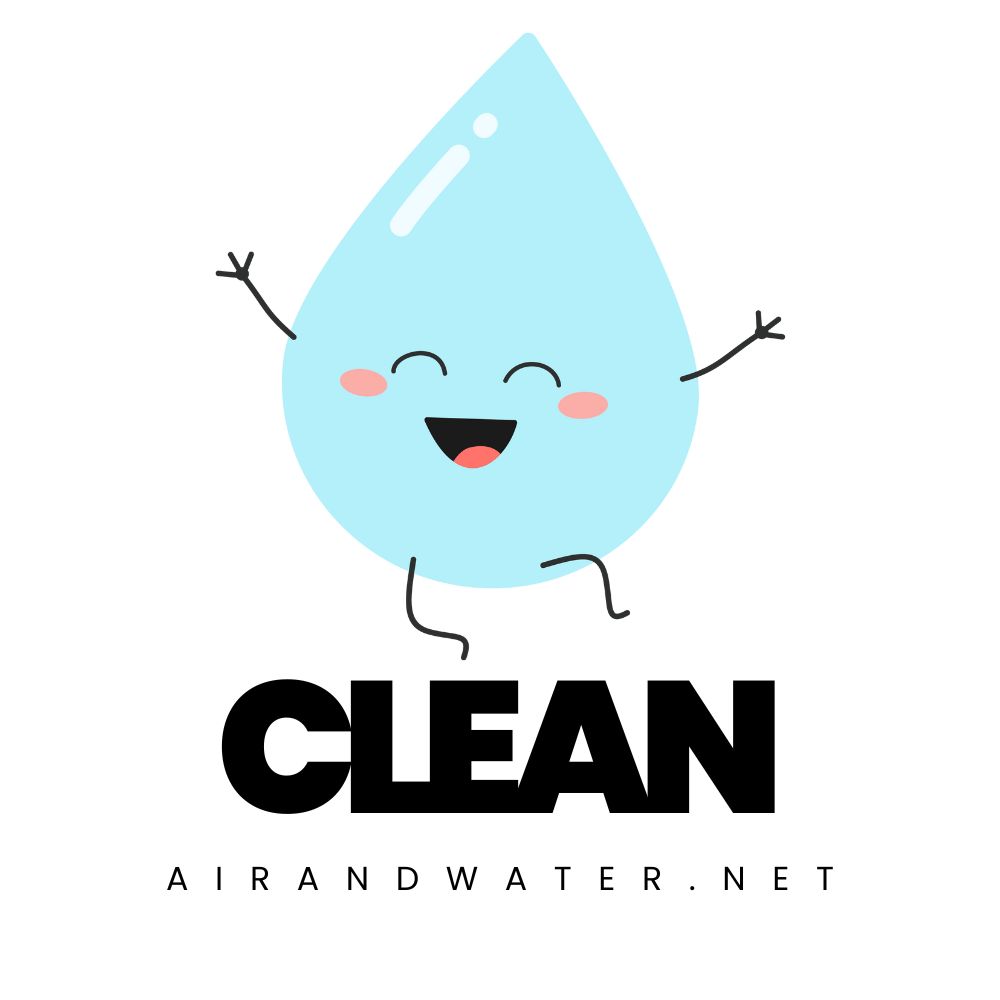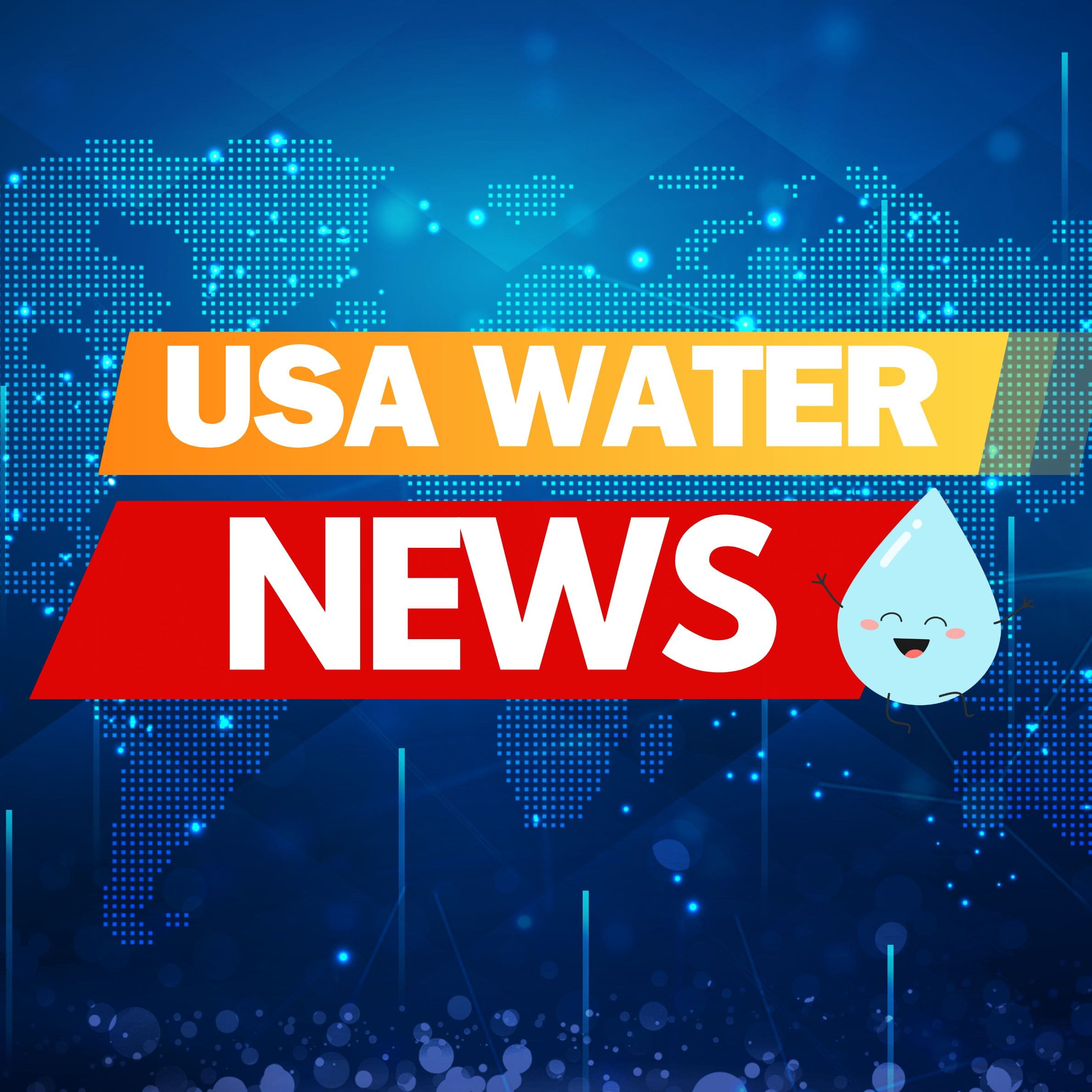Phoenix Water Quality at a Glance
major contamination
Is Phoenix Water Safe to Drink?
Technically Compliant, But Seriously Concerning – Phoenix water meets federal standards but contains 21 different contaminants, 8 exceeding health guidelines. Major issues include arsenic at 1,026x safe levels, chromium-6 at 20x safe levels, and cancer-causing disinfection byproducts from water treatment. The water is sourced from Colorado River and local rivers, with contamination from natural deposits and industrial activities affecting over 1.6 million residents.
⚠️ Key Concerns for Phoenix Residents
- Arsenic Crisis: Detected at 4.10 ppb – 1,026 times above EWG safety guidelines; causes cancer and damages nervous system
- Chromium-6 (Erin Brockovich Chemical): Found at 20 times safe levels; known carcinogen with no federal limit set
- Disinfection Byproducts: Cancer-causing haloacetic acids (HAA5/HAA9) and trihalomethanes from chlorine treatment at dangerous levels
- Desert Water Challenges: Limited water supply from Colorado River contaminated by industrial pollution and natural mineral deposits
Read the full report below for detailed analysis, city-specific data, and actionable recommendations for Phoenix residents.
Phoenix – Arizona – Water Quality Report 2025: PFAS Testing, Infrastructure Concerns & Safety across your city
Phoenix, America’s fifth-largest city, manages water delivery to over 1.6 million residents in one of the driest metropolitan areas in the world. The Phoenix Water Services Department operates an extensive distribution system with 7,000 miles of water mains, 44 reservoirs, and over 100 pumping stations, delivering roughly 180 billion gallons annually.
Unlike many cities that rely on surface water, Phoenix has mastered the art of utilizing multiple water sources including groundwater, Central Arizona Project (CAP) canal water, and recycled water. The city has invested heavily in water infrastructure and conservation technologies, making it a global leader in urban water sustainability despite receiving only about 8 inches of rain annually. Phoenix’s comprehensive water management approach combines advanced treatment technology, robust groundwater recharge programs, and one of the nation’s most extensive recycled water systems.

Phoenix Water Quality: Current Status (2024-2025)
Latest Testing Results
- Lead Levels: The most recent testing period shows 90th percentile lead levels below EPA action levels, though the city continues monitoring lead service line inventory as part of federal requirements updated in 2024.
- Testing Scope: Phoenix conducts over 60,000 water quality tests annually, including comprehensive monitoring for over 500 compounds beyond regulatory requirements, such as PFAS, emerging pharmaceuticals, and industrial chemicals.
- Compliance Status: Phoenix’s water meets federal and state drinking water standards, though Environmental Working Group analysis shows 8 contaminants exceed health guidelines, including arsenic at 1,026 times recommended safe levels.
Water Sources and Treatment
- Multiple Water Sources: Phoenix’s water portfolio includes: approximately 29% Colorado River water via the Central Arizona Project, 60% Salt and Verde River water, and 11% groundwater (as of 2024). This diversification helps maintain supply reliability during drought conditions.
- Advanced Water Treatment: Phoenix operates six major water treatment plants that process both surface water and groundwater. All plants use advanced technologies including membrane filtration, ozonation, and biological activated carbon for enhanced treatment.
- Groundwater Management: Phoenix has discontinued using contaminated groundwater wells with naturally occurring contaminants like arsenic and fluoride, instead focusing on blending high-quality aquifer water with treated surface water.
Sustainability Initiatives
- Artificial Groundwater Recharge: Phoenix operates extensive facilities that help replenish the Sonoran Desert aquifers during times of water surplus, storing over 500,000 acre-feet of water underground for future use.
- Water Recycling Leadership: The city’s award-winning reclaimed water system delivers treated wastewater for irrigation, industrial uses, and groundwater recharge, recycling over 98% of the wastewater it treats annually.
- Drought Contingency Plan: Phoenix has implemented a comprehensive Drought Contingency Plan with staged response levels based on available water resources, focusing on conservation incentives and infrastructure improvements.
Infrastructure Improvements
- Water Main Replacement: The city is replacing over 125 miles of aging water mains annually, prioritizing pipes installed before 1970 to reduce system water loss and improve reliability.
- Reservoir Upgrades: Phoenix has completed upgrades to all major water reservoirs, including new floating covers to prevent evaporation and contamination while maintaining water quality.
- Smart Water Infrastructure: The city has deployed over 100,000 smart meters and utilizes satellite technology to monitor major pipelines for leaks, reducing non-revenue water loss to just 11% of total supply.
Emerging Contaminant Monitoring
Phoenix proactively monitors for over 500 compounds beyond regulatory requirements, including PFAS, 1,4-dioxane, perchlorate, and emerging pharmaceuticals. The city operates its own certified laboratory and partners with research institutions to develop treatment technologies for contaminants that may be regulated in the future.
Recommendations for Phoenix Residents

Conserve Water
Phoenix residents are required to follow water conservation ordinances including no outdoor watering between 10 AM and 5 PM from September to April. Take advantage of rebates for desert landscaping, drip irrigation, and high-efficiency fixtures.
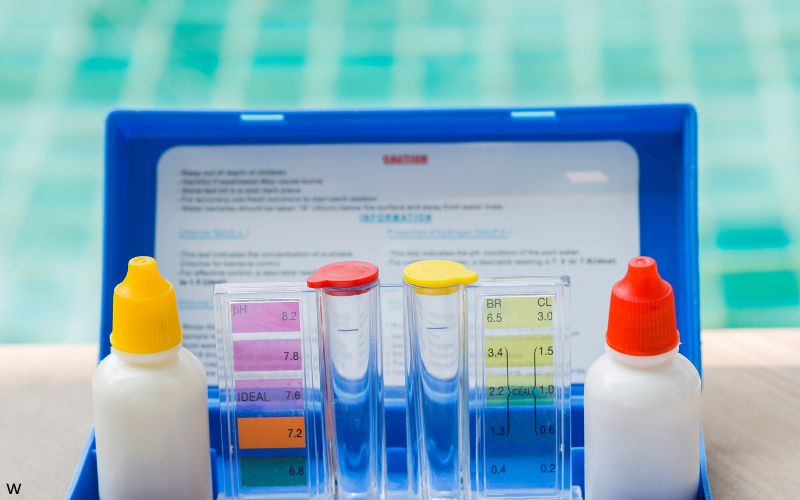
Test Your Water
Phoenix offers free lead and copper testing for residents. Call the Water Quality Line at (602) 261-8114 or visit phoenix.gov/waterquality to schedule testing. Private well owners should test annually.
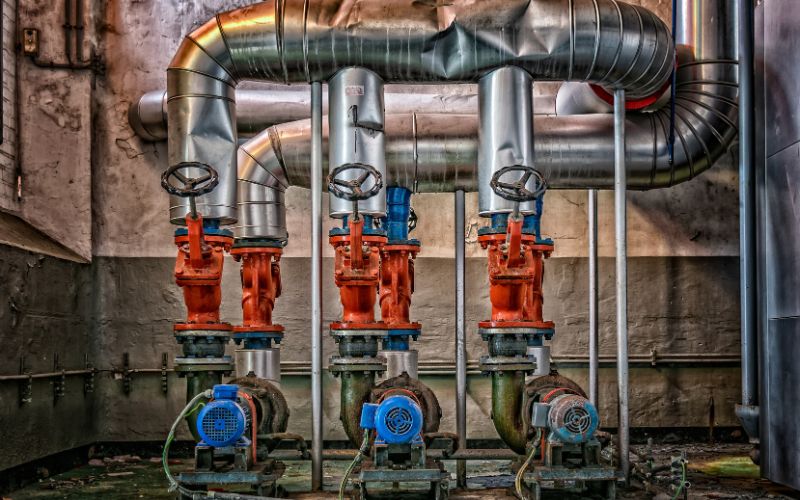
Maintain Your Plumbing
Even though Phoenix has excellent water quality, proper plumbing maintenance is crucial. Install water softeners if you have hard water concerns, and replace fixtures showing signs of mineral buildup.
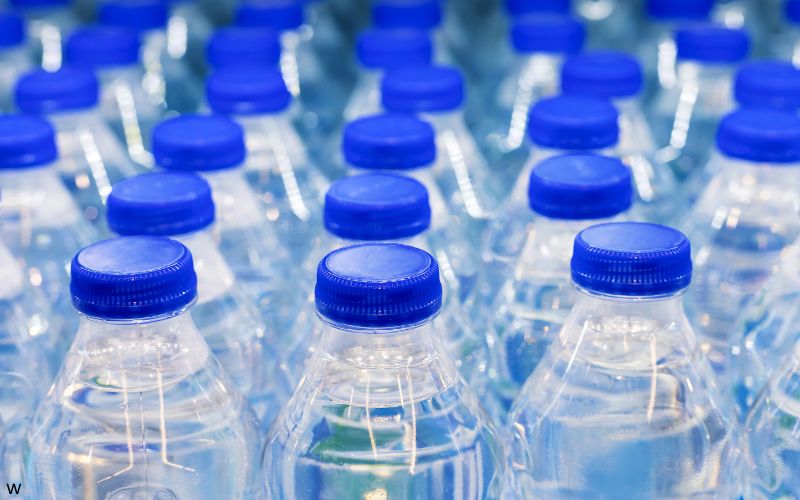
Plan for Emergencies
Store at least one gallon of water per person per day for emergency situations. Phoenix’s desert climate and potential infrastructure challenges make emergency water storage particularly important.
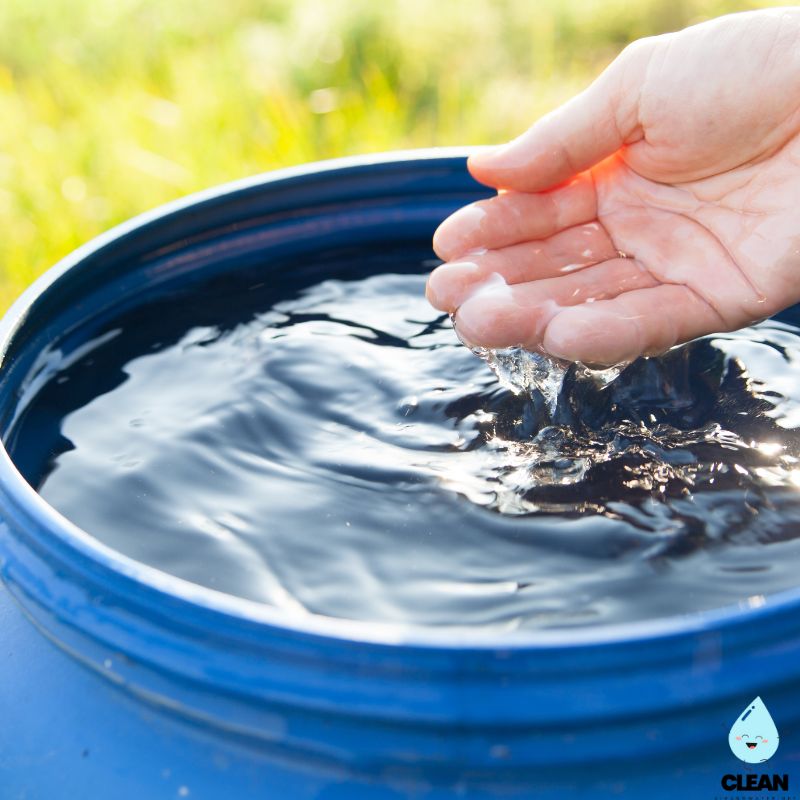
Use Reclaimed Water
Take advantage of reclaimed water for outdoor irrigation where available. Reclaimed water services are expanding throughout Phoenix and help conserve drinking water supplies.
Quality News About Your Water
Get the comprehensive water quality news coverage you need with our dedicated US Water News Service. From coast to coast, we deliver in-depth reporting and expert analysis on PFAS contamination, EPA regulatory changes, infrastructure developments, and emerging water safety issues affecting communities nationwide. While mainstream media only covers the biggest stories, we provide the detailed, ongoing coverage that helps you understand the full scope of America’s water challenges. Whether you’re a concerned citizen, water professional, or community leader, our daily updates and analytical insights keep you informed about the issues that matter most to public health and environmental safety.
Frequently Asked Questions
Is Phoenix tap water safe to drink?
Phoenix tap water meets federal and state drinking water standards and undergoes rigorous testing over 60,000 times per year. However, independent analysis by the Environmental Working Group shows Phoenix water contains 21 contaminants, with 8 exceeding health guidelines including arsenic at levels 1,026 times above recommended safe levels.
While the water is legally compliant, health experts recommend filtration systems, especially for vulnerable populations like pregnant women and children. The city has invested billions in advanced treatment technology, but naturally occurring contaminants and treatment byproducts remain a concern for many residents.
Why does Phoenix water taste different at certain times?
The taste of Phoenix tap water can vary depending on which source is being used and seasonal conditions. During certain times of the year, the city may rely more heavily on groundwater or Colorado River water, which naturally have different mineral content.
Summer heat can increase chlorine odors as treatment plants adjust disinfection levels to maintain safety. Many residents notice that water tastes better after being refrigerated. If you experience persistent taste or odor issues, contact the Water Quality Line at (602) 261-8114, as this may indicate a localized issue that needs attention.
How does Phoenix manage water in a desert climate?
Phoenix has developed one of the world’s most advanced urban water management systems despite receiving only 8 inches of rain annually. The city follows a “portfolio approach” using multiple water sources: Colorado River water via the Central Arizona Project, Salt and Verde river water, groundwater, and treated wastewater.
Phoenix stores millions of gallons in underground aquifers during wet years for use during droughts. The city also recycles over 98% of its wastewater and has extensive conservation programs. Despite a 50% population increase since 1990, total water use has remained relatively stable due to these efficiency measures, making Phoenix a model for water sustainability in arid regions.
Are there restrictions on outdoor water use in Phoenix?
Yes, Phoenix has year-round water conservation ordinances. The main restrictions include:
• No lawn watering between 10 AM and 5 PM during “Summer Hours” (September 16 through April 30)
• Prohibition of water waste (running water on sidewalks, driveways, or streets)
• Pool and spa water loss limits
• Requirements for working irrigation systems at multi-family and commercial properties
Phoenix also offers substantial rebates for water-efficient landscaping, drip irrigation systems, and pool covers. During drought stages, additional restrictions may be implemented. Visit phoenix.gov/waterconservation for current rules and available rebates.
Contaminants of Concern

Arsenic
Source: Naturally occurring in desert groundwater and rock formations; industrial activities and mining operations
Health Effects: Known carcinogen linked to skin, bladder, and lung cancer; can damage nervous system and blood vessels
Current Status: Detected at 4.10 ppb (1,026 times above EWG health guideline); meets EPA limits but exceeds health recommendations
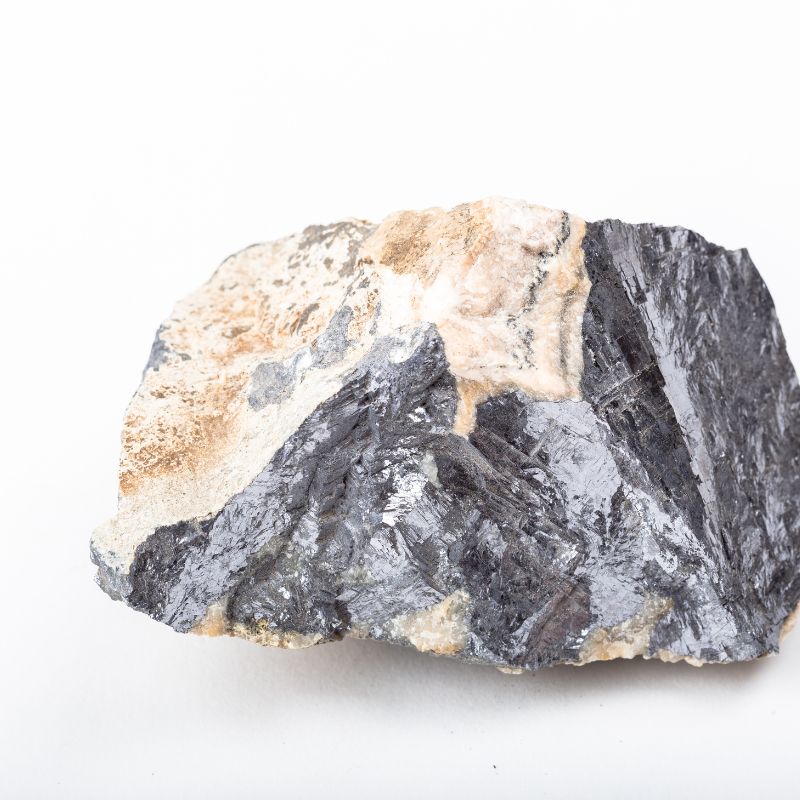
Mineral Content (Hard Water)
Source: Naturally occurring minerals from groundwater and surface water sources, particularly calcium and magnesium
Health Effects: Hard water is not a health concern and may actually provide beneficial minerals
Current Status: Phoenix water is considered “hard” to “very hard” with significant mineral content; many residents install water softeners for convenience
Please read – our information
The information presented on cleanairandwater.net is compiled from official water quality reports, trusted news sources, government websites, and public health resources. While we strive for accuracy and thoroughness in our presentations, we are not scientists, engineers, or qualified water quality professionals.
Our mission is to present water quality information in an accessible, real-world format that helps people understand what’s in their water and make informed decisions about their health and safety. We believe that complex environmental information should be available to everyone in a format that’s easy to understand.
We make every effort to ensure our content is current and accurate, but we cannot guarantee that all information is complete or error-free. This website should not replace official communications from your local water utility or health department. We always recommend consulting official sources for the most up-to-date information regarding your specific water system.
Clean Air and Water is not liable for any unintentional errors, omissions, or outdated information. The content on this site is provided for informational purposes only and should not be considered professional advice.
